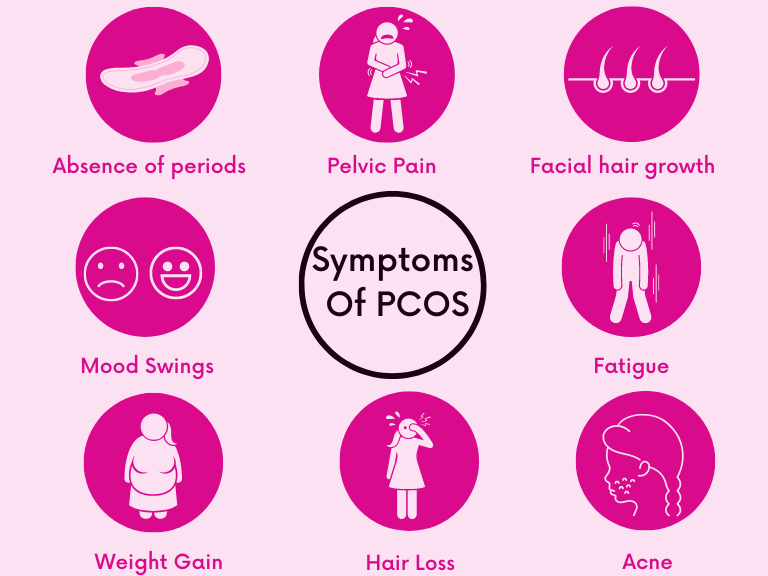Introduction:
Polycystic Ovary Syndrome (PCOS) is a common hormonal disorder that affects many women worldwide. It is characterized by various symptoms and can have significant implications for a woman’s reproductive health and overall well-being. In this article, we will explore what PCOS is and delve into the symptoms experienced by females. Additionally, we will discuss key factors such as female insulin resistance symptoms, PCOS causes, and the impact of PCOS on pregnancy.
What is PCOS?
Polycystic Ovary Syndrome, commonly known as PCOS, is a hormonal disorder that affects the reproductive system in females. It occurs when the ovaries produce an excess of androgens (male hormones) and develop small cysts. These hormonal imbalances disrupt the normal ovulation process, leading to irregular menstrual cycles and other related symptoms.
Symptoms of PCOS in Females:
The symptoms of PCOS in females can vary from person to person, but they typically involve a combination of the following:
Irregular Menstrual Cycles- The biggest Symptoms of PCOS in Females:
One of the primary signs of PCOS is irregular or infrequent menstrual periods. Women with PCOS may experience fewer than eight menstrual cycles in a year, or their periods may be unusually long or heavy.
Excessive Hair Growth (Hirsutism):
Increased hair growth, especially in areas such as the face, chest, and back, is a common symptom of PCOS. This excessive hair growth, known as hirsutism, is a result of higher levels of androgens in the body.
Acne and Oily Skin:
PCOS can cause persistent acne and oily skin due to hormonal imbalances. Women with PCOS may experience more severe and persistent acne breakouts compared to those without the condition.
Weight Fluctuations:
Weight gain and difficulty losing weight are frequently observed in individuals with PCOS. This symptom is often linked to insulin resistance, a condition where the body’s cells become less responsive to insulin, leading to elevated blood sugar levels.
Female Insulin Resistance Symptoms:
Insulin resistance is closely associated with PCOS. Some symptoms of insulin resistance in females with PCOS include fatigue, increased hunger, difficulty concentrating, and darkened skin patches, particularly around the neck and armpits.
PCOS Causes:
While the exact causes of PCOS are not fully understood, several factors may contribute to its development. These include genetic predisposition, excess insulin production, and inflammation in the body. Lifestyle factors such as poor diet, sedentary lifestyle, and stress can also play a role in PCOS development.
PCOS and Pregnancy: PCOS can have implications for fertility and pregnancy. Women with PCOS may experience difficulties in conceiving due to irregular ovulation. Additionally, they have a higher risk of pregnancy complications, such as gestational diabetes, preterm birth, and preeclampsia.
Conclusion:
Polycystic Ovary Syndrome (PCOS) is a complex hormonal disorder that affects many women, causing a range of symptoms that can impact their daily lives and reproductive health. Recognizing the symptoms of PCOS in females, including irregular menstrual cycles, excessive hair growth, and skin problems, is crucial for early detection and management. Understanding factors like female insulin resistance, and the relationship between PCOS and pregnancy can empower women to seek proper medical care and make informed decisions about their health.
Remember, if you suspect you may have PCOS or are experiencing any of the mentioned symptoms of PCOS in females, such as irregular menstrual cycles, excessive hair growth, acne or weight fluctuations it is important to consult with a healthcare professional for an accurate diagnosis and personalized treatment plan. Trust Algene Medical who are official partners of Abi Cure Sweden AB, a leading healthcare company known for its innovative medical products and cutting-edge technologies for expert care and support in managing PCOS and improving your well-being.


